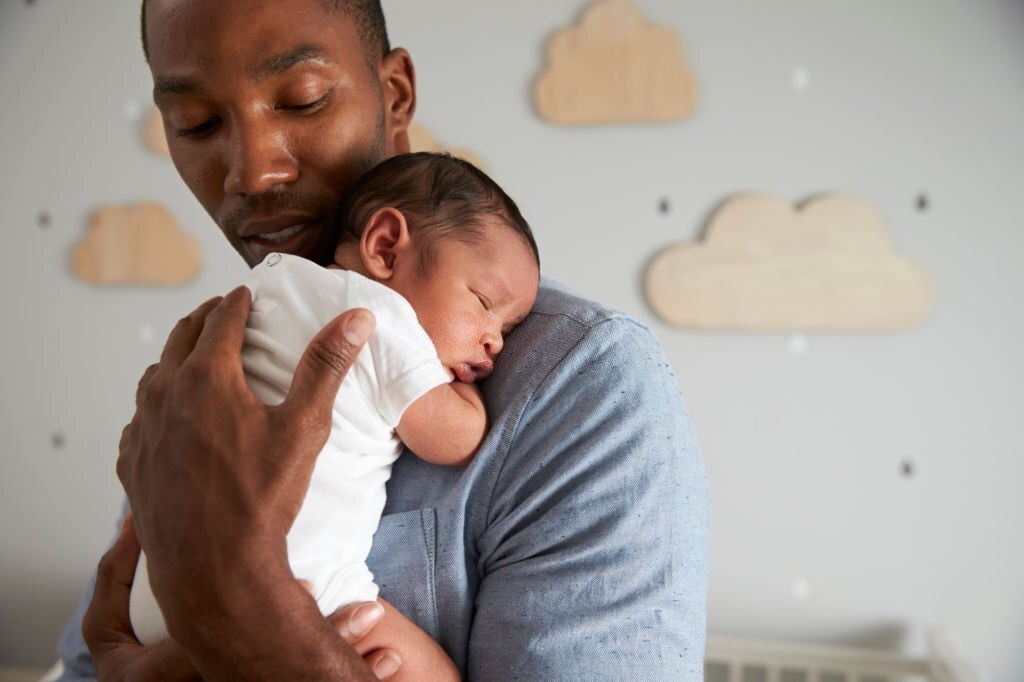Does the mere thought of preparing for a new baby give you anxiety? Well, it shouldn’t. Preparing your home for a new arrival means taking some time and making a few simple changes to ensure that everything is ready when you bring your bundle of joy home from the hospital.
The sooner you get started with these 10 ways to get your home ready for your newborn, the smoother things will go! So what are you waiting for? Whether you’re just finding out about your pregnancy or are in your third trimester, start getting your house ready for your new arrival!
Getting Your Home Ready for a Baby
Preparing your home for a new baby is important. When the baby comes, you will want everything to be ready. This means taking some time and making a few simple changes to your home. The sooner you get started, the easier it will be!
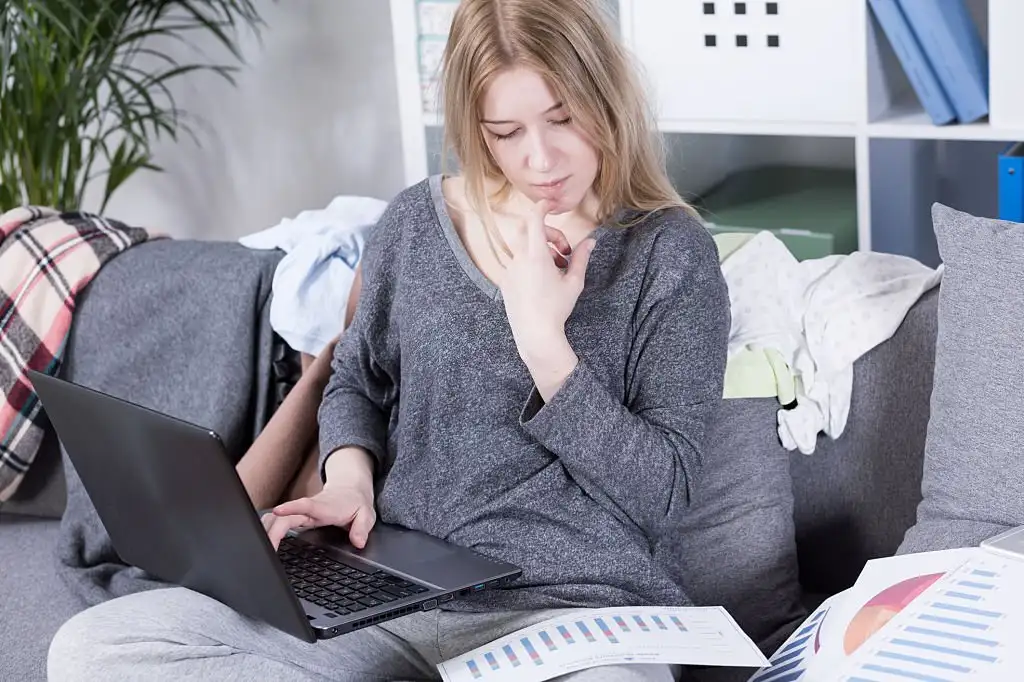
1. Declutter your home
The first thing on your to-do list should be to declutter your home. This means getting rid of any unnecessary items and putting everything in its place. Not only will this make your home look neater, but it will also make your life easier when the baby arrives.
Why?
According to the Cleaning Institute, getting rid of clutter would save 40% of housework in the average household.
For parents with a new baby, that’s a lot of time saved! Start by going through each room in your house and getting rid of anything you don’t need. This could be clothes, toys, or furniture.
Having a tidy and uncluttered space will make it easier for you to take care of your baby and get them settled into their new home.
Where do you put all of that stuff?
Consider renting a storage unit
If you’re feeling overwhelmed by the task of decluttering your home, you may want to consider renting a storage unit. This will give you more space to store your belongings and make it easier for you to keep your home clean.
There are many different storage units to choose from, so be sure to find one that fits your needs. Some things to consider when choosing a storage unit are:
- How much space do you need?
- What type of security does the unit offer?
- How often will you need to access your belongings?
- How much does the unit cost?
Once you’ve chosen a storage unit, start decluttering your home by packing up any unnecessary items. This will make it easier for you to get rid of them once they’re in storage.
Other Storage Solutions
If you’re pregnant or have a new baby, you may be looking for storage solutions that will make your life a little easier. Here are some storage solutions to consider:
Baby clothes
If you have a lot of baby clothes, you may want to consider storing them in a chest or dresser. This will keep them organized and easy to access.
Diapers and wipes
If you’re running out of space to store diapers and wipes, you may want to consider purchasing a diaper genie. This will keep everything organized and sanitary.
Toys
If your child already has a lot of toys, you may want to consider storing some of them in storage containers or bins
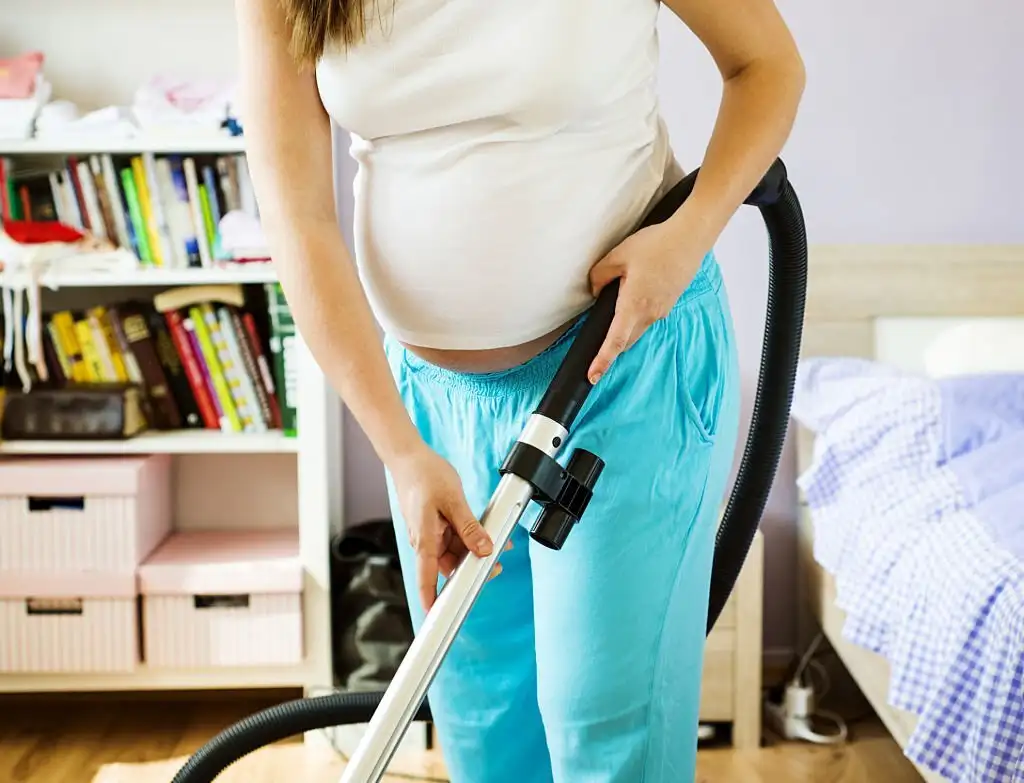
2. Clean your entire home.
Pregnant women and new parents should clean every room in their house to prepare for their new baby. This means wiping down surfaces, vacuuming, and dusting.
Whether you decide to deep clean or just take a spray bottle to the bathroom, make sure every room in your house is clean before the baby arrives. This will help to keep them healthy and reduce the amount of cleaning you’ll need to do in the weeks and months after they come home.
It’s also important to clean the floors, windows, and doors. Make sure to get into all the nooks and crannies so that your home is sparkling clean when the baby arrives!
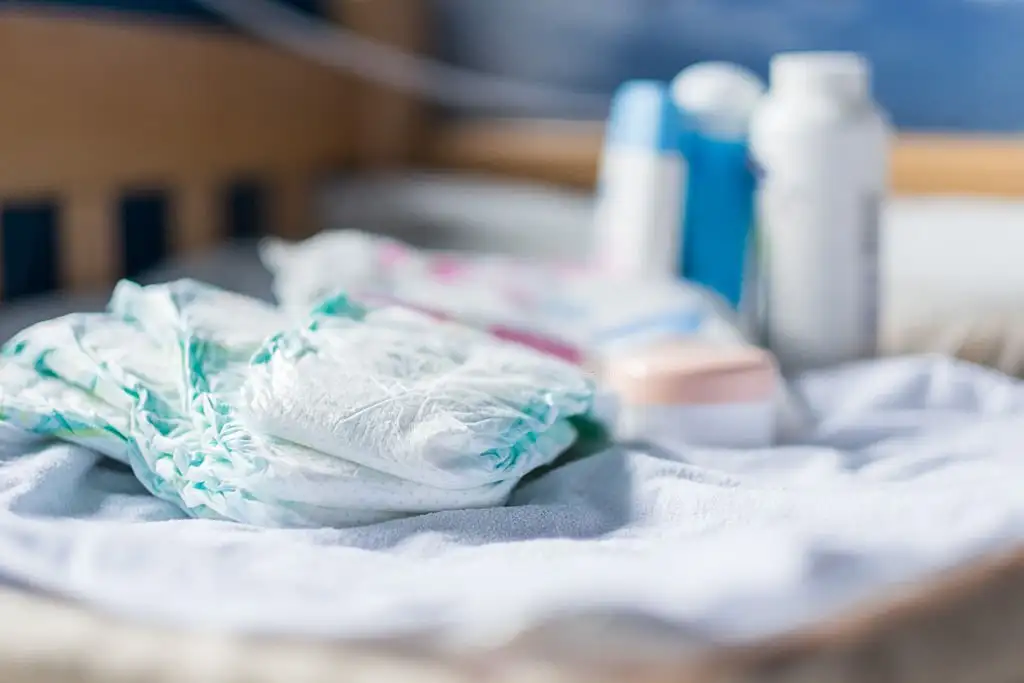
3. Stock up on diapers and wipes
One of the most important things you can do to get your home ready for a baby is to stock up on diapers and wipes. You will never know when you’ll run out, so it’s best to be prepared.
You can buy diapers and wipes in bulk at stores like Walmart or Target, or you can order them online. It’s a good idea to have one or two boxes of diapers and wipes on hand at all times.
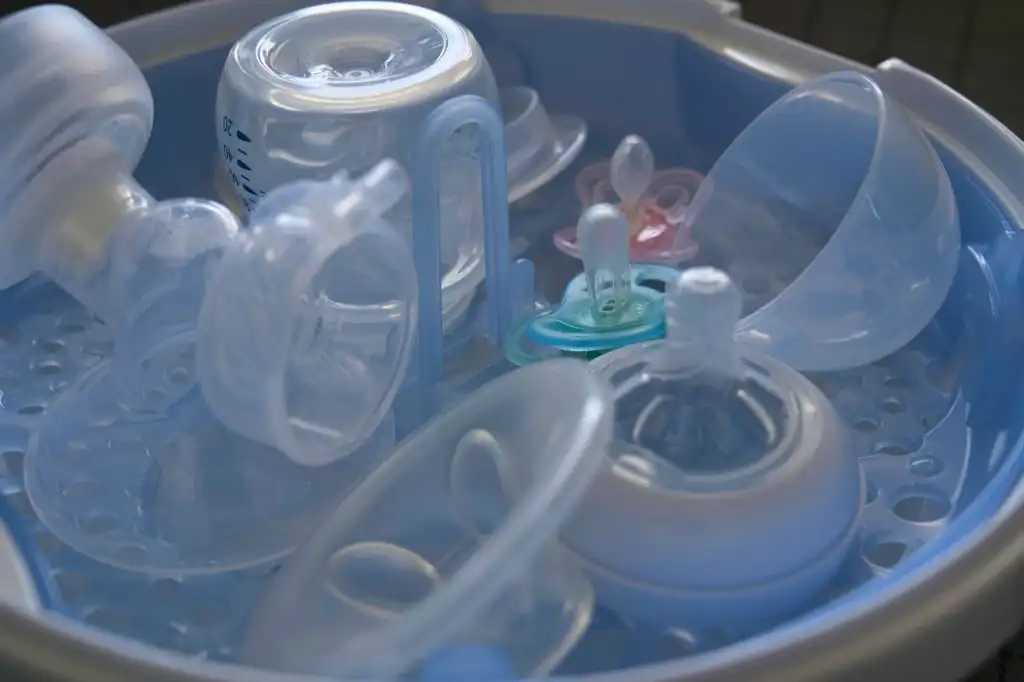
4. Bottle feeding?
If you’re bottle-feeding your baby, you’ll need to stock up on bottles, nipples, formula, and bottle cleaners.
if you’re giving your baby only breast milk, you won’t need to worry about this. However, you’ll need to make sure you have plenty of nursing bras and pads.
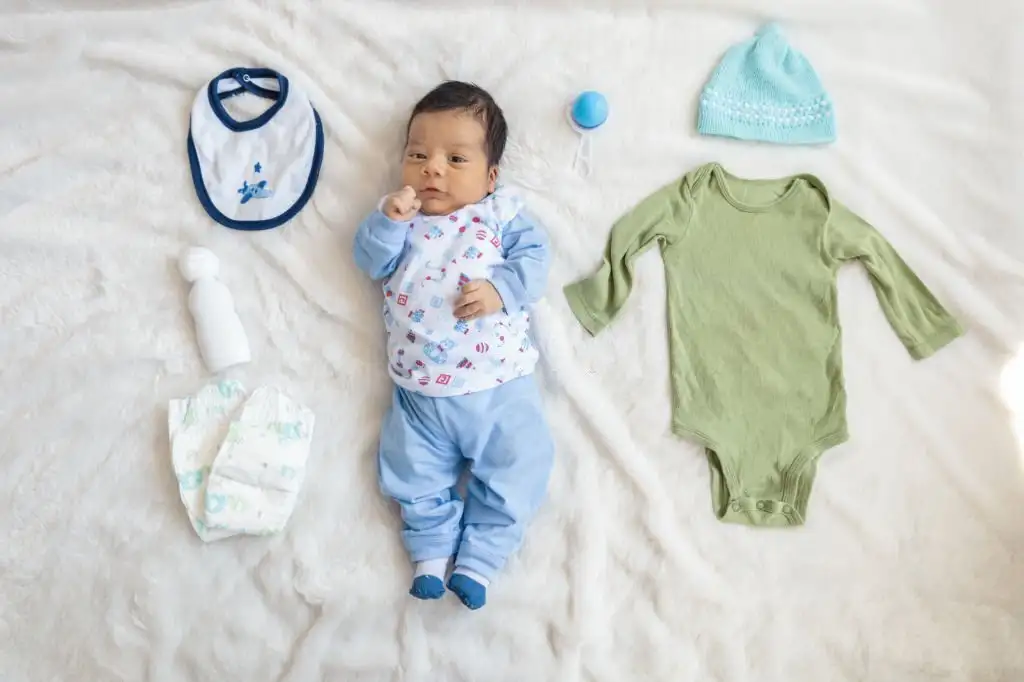
5. Don’t forget baby clothes and bibs!
One of the best things about having a baby is buying new clothes for them. You will need plenty of clothes for your child, from newborn all the way up to size 6.
You can buy baby clothes at stores like Walmart, Target, and The Children’s Place, or you can search online.
Just make sure that you have plenty of clothes on hand before the baby arrives.
And don’t forget about bibs.
It’s invertible. Your new bundle of joy is going to spit up, dribble and drool all over their clothes, so you’re going to need plenty of bibs on hand. You can buy bibs at most stores, or you can make your own.
The best piece of baby advice that we can give you is to stock up on baby clothes and bibs! You will never know when you’ll need them, so it’s best to be prepared.
What if you don’t know your baby’s gender?
You can always stock up on gender-neutral clothes, like onesies, pants, and shirts. That way, you’ll be prepared for either a boy or a girl.
Would you like to know your baby’s gender?
Looking to learn your baby’s gender before they’re born? Look no further than Look at Me 4D Imaging! Our gender reveal ultrasound services are the perfect way to find out whether you’re having a boy or a girl.
We offer a variety of packages to suit your needs, and our team of experts will make sure that you have an enjoyable and informative experience. Contact us today to learn more!
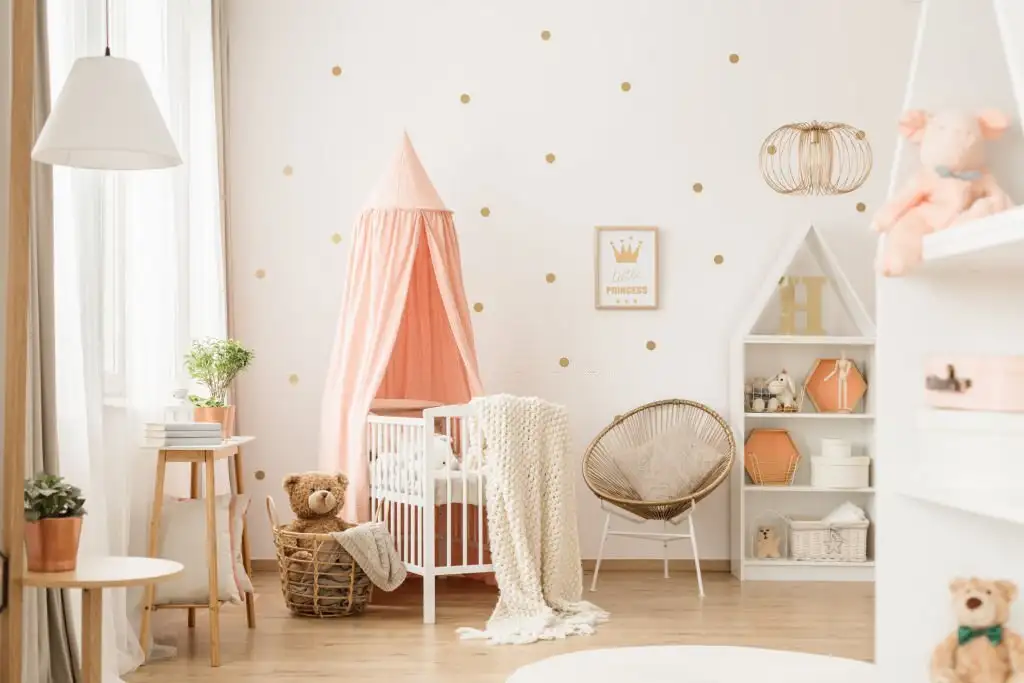
6. Purchase furniture and gear for your baby’s nursery.
It’s also important to purchase furniture and baby gear for your home before the baby arrives. This could include a crib, changing table, rocker, and car seat.
Your Baby’s Crib
When it comes to choosing a crib for your baby, there are a few things you’ll want to keep in mind.
First, make sure that the crib meets all safety standards. It should have slats that are no more than 2 3/8 inches apart, and the railing should be at least 26 inches high.
Second, think about what style of crib you want. There are a variety of styles and bedding options to choose from, including traditional cribs, convertible cribs, and mini cribs.
Finally, consider your budget. Cribs can range in price from $100 to $1,000 or more.
Once you’ve chosen a crib, be sure to read the instruction manual carefully to make sure you set it up correctly.
Buy a baby monitor
A baby monitor is a must-have for any new parents. It allows you to keep an eye on your baby while they’re sleeping and makes it easy to hear them if they need you.
There are a variety of baby monitors on the market, including audio monitors and video monitors. Audio monitors simply playback the sound of your baby’s room, while video monitors show a live feed of your baby.
Video monitors can also be equipped with night vision, so you can keep an eye on your baby even in the dark.
If you’re looking for a baby monitor, be sure to read reviews online before you make a purchase.
Blackout Curtains
Here’s one thing that most expectant mothers (and fathers) often overlook.
These curtains are important for two reasons. First, they help to keep the light out of your baby’s room so they can sleep better. Second, they act as a noise barrier, which helps to muffle sounds from outside the room.
If you don’t have them, it’s ok. A little light won’t hurt your baby, and they’ll probably sleep through most of the noise. But if you can afford them, blackout curtains are a great investment.
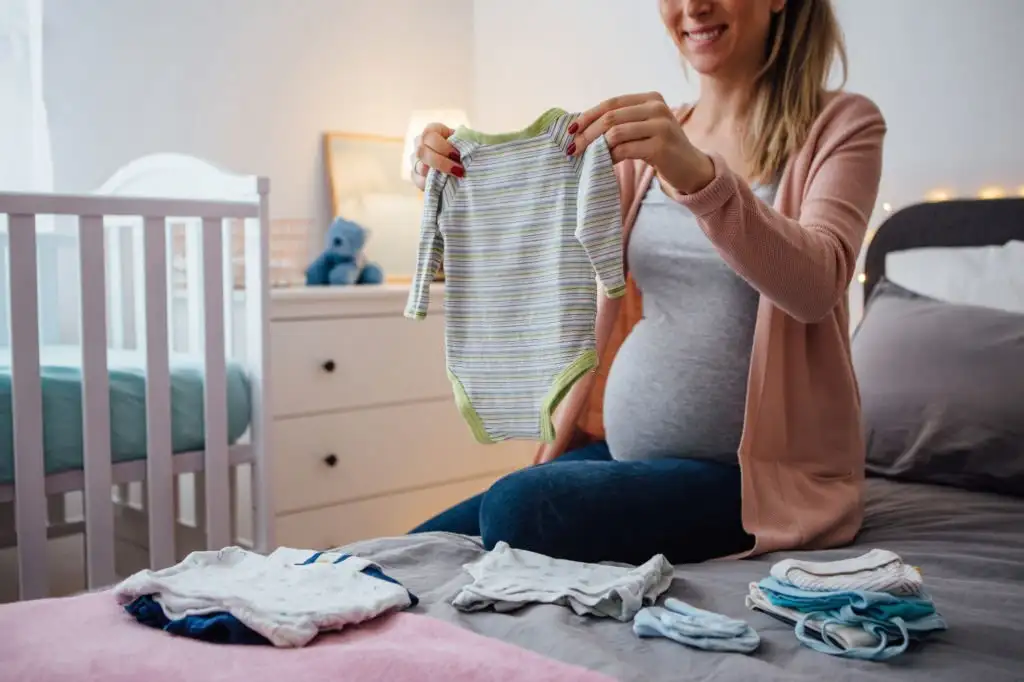
6. Organize your cabinets and drawers
Pregnant women and new parents should organize their cabinets and drawers to make it easier to find things when they need them.
This could mean sorting your clothes by color, organizing your kitchen utensils, or alphabetizing your spices.
Organizing your cabinets and drawers will make your life a lot easier and will help you to stay organized when the baby comes home.

7. Make a list of emergency numbers
It’s a good idea to make a list of emergency numbers and keep it in a safe place. This could include your doctor’s number, the number for the hospital, and the number for poison control.
It’s also a good idea to have the address and phone number for your family and friends handy in case you need to reach them in a hurry.

8. Stock up on food and drinks
Pregnant women and new parents should stock up on food and drinks to prepare for the baby’s arrival. This could include formula, baby food, snacks, and drinks.
It’s a good idea to have a few weeks’ worth of supplies so that you don’t have to run to the store every time you need something.
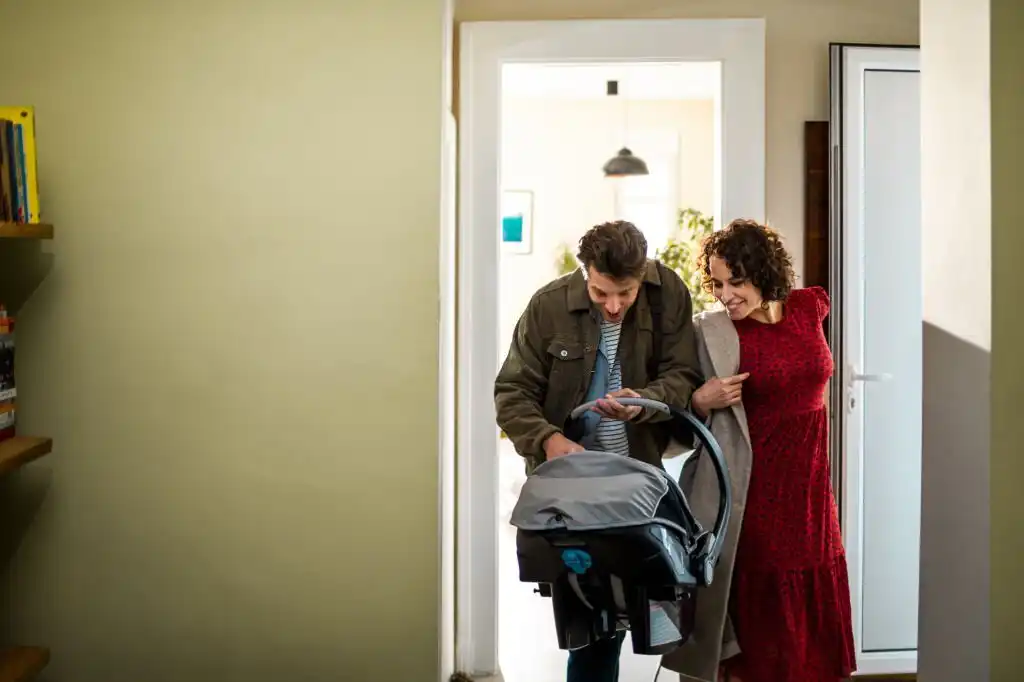
9. Plan for after your baby’s arrival.
Pregnancy doesn’t stop once the baby is born. New mothers need time to recover from childbirth.
This could mean taking it easy for a few weeks, hiring a postpartum doula, or taking classes on postpartum care.
Grab some of your favorite parenting books for after you get back home to read while you recover to ease the process.
Planning for postpartum recovery will help you to relax and take care of yourself after the baby is born.
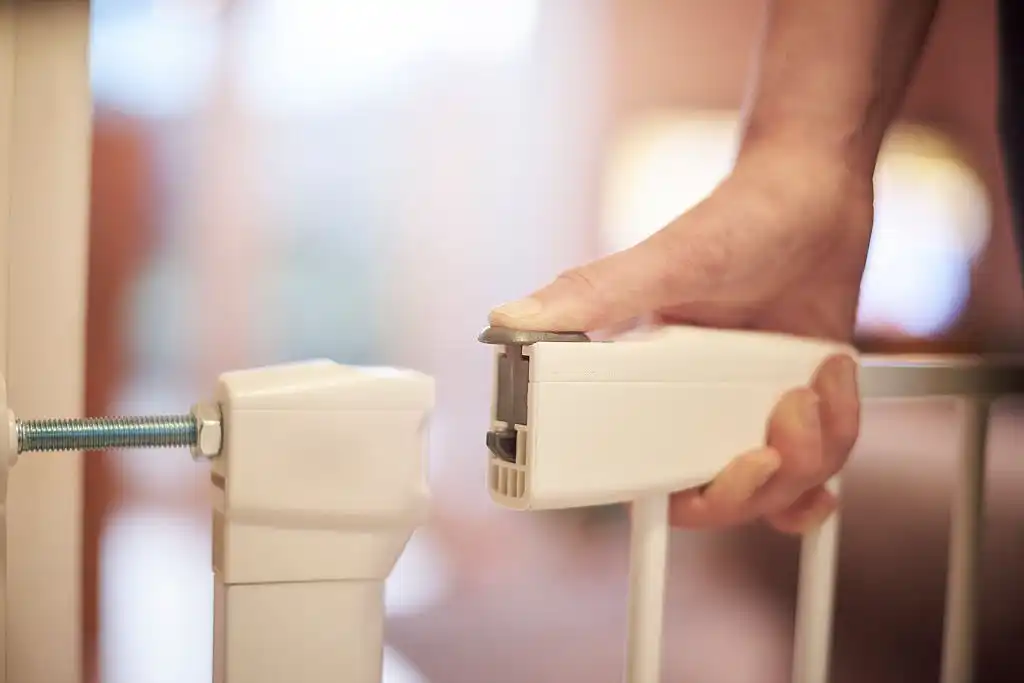
10. Create a safe environment for your new baby.
You also need to think about making your home safe for the baby. Although your baby won’t likely be crawling or walking for a few months, it’s important to baby-proof your home.
Cleaning Supplies
Cleaning supplies are an essential part of keeping your home clean but they can be dangerous for young children and babies.
Make sure to keep all cleaning supplies in a safe place, out of reach of children.
And be sure to read the labels on all cleaning products before using them. Some cleaners can be harmful if ingested.
Safety Latches
Safety latches are important for childproofing your home.
They help to keep children from opening cabinet doors and drawers that contain dangerous items, such as cleaning supplies and sharp objects.
There are a variety of latches on the market, so be sure to choose the ones that are best for your home.
There are also different types of latches, including cabinet locks, drawer locks, and door locks.
Choose the type and style that best suits your needs.
Baby Gates
Baby gates are another important part of childproofing your home.
They help to keep babies and young children out of areas of the home that may be dangerous, such as the kitchen or the stairs.
There are a variety of baby gates on the market, so be sure to choose the one that is best for your home.
Don’t forget about car seats!
Most hospitals won’t let you leave with your baby unless you have a car seat. It’s important to install the car seat correctly and to use it every time you take your child for a ride.
Some key takeaways about getting your home ready for a baby include:
- Buying blackout curtains if you can afford them
- Sorting your clothes by color
- Organizing your kitchen utensils
- Alphabetizing your spices
- Making a list of emergency numbers and keeping it in a safe place
- Stocking up on food and drinks
- Planning for postpartum recovery
- Childproofing your home
- Buying a car seat and using it every time you take your child for a ride.
So, what do all of these tips have in common? They all suggest ways to make your home baby-ready.
These tips can help pregnant women and new parents prepare for the arrival of their new arrival.
Knowing that your home is ready for your new arrival will allow you to relax and focus on your pregnancy.
Whether you’re cleaning the floors, stocking up on food and drinks, or organizing your cabinets, these tips will help you to get prepared for your due date and beyond!
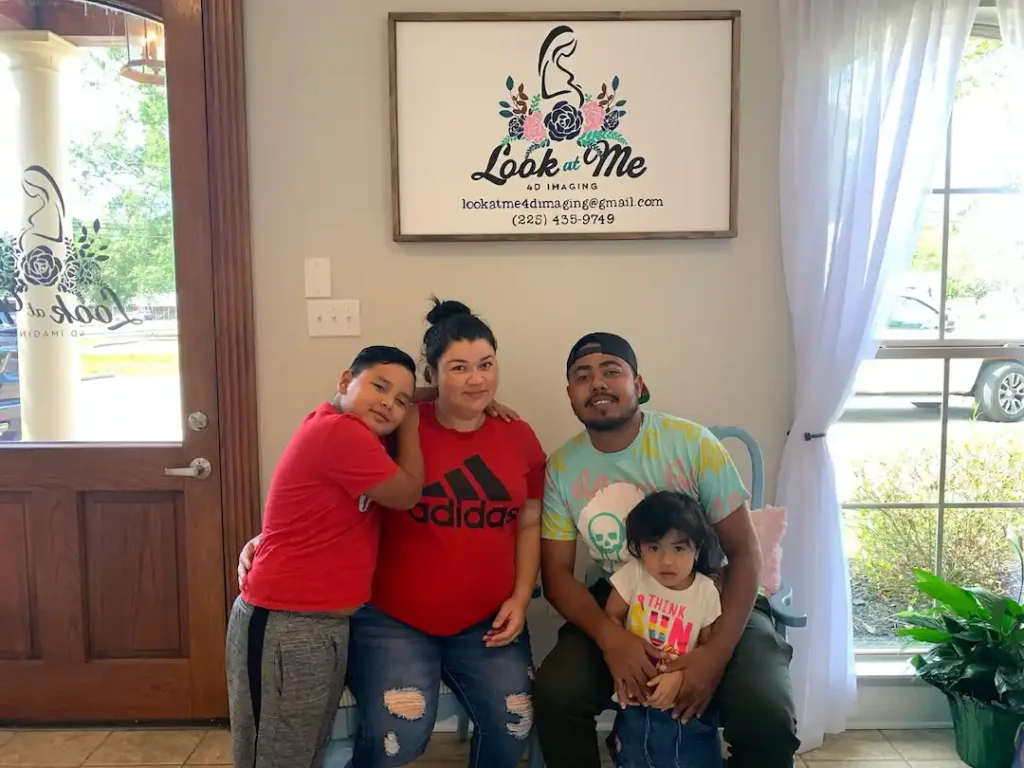
Would you like to see your baby before their arrival?
If about to be a new mom and want to see your baby in 3D, book a 3D ultrasound with us!
Even if you’re an experienced mother on baby number three, we can show you your little one before they arrive.
You can even bring your entire family to share in this special time. Yes, even younger siblings.
Our 3D ultrasound technology will give you a clear picture of your baby and allow you to see them in detail. Contact us today to book an appointment!

